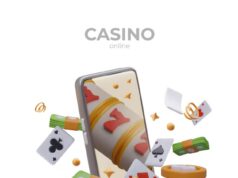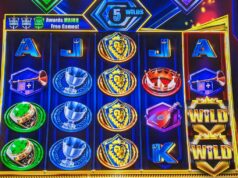The world of gambling has been evolving rapidly in recent years, and one of the most significant innovations to impact the industry is blockchain technology. Blockchain, originally developed as the underlying technology for cryptocurrencies like Bitcoin, has found applications far beyond digital currencies. Its decentralized and transparent nature has begun to revolutionize various sectors, including online gambling. In this article, we will explore how blockchain technology is transforming the business of gambling, with a particular focus on online slots.
Let’s explore the same now!
Understanding Blockchain Technology
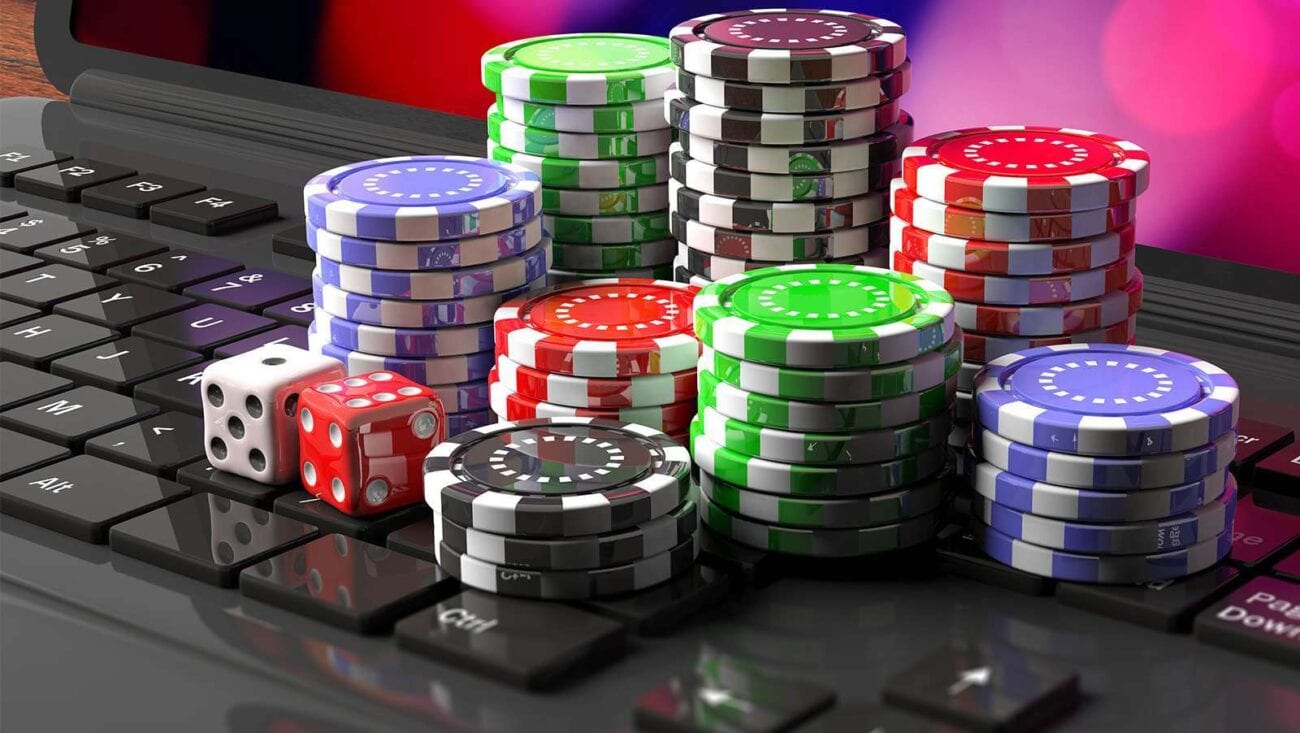
Before delving into its impact on the gambling industry, let’s briefly understand what blockchain technology is.
1. What is Blockchain?
- Blockchain is a decentralized and distributed ledger technology.
- It consists of a chain of blocks, each containing a set of transactions.
- Once a block is added to the chain, it cannot be altered, ensuring data immutability.
- Transactions are verified by a network of computers (nodes) rather than a central authority.
2. Key Features of Blockchain
- Transparency: All transactions are recorded on a public ledger, visible to anyone.
- Security: The decentralized nature of blockchain makes it resistant to fraud and hacking.
- Trust: Trust is established through consensus mechanisms, reducing the need for intermediaries.
- Decentralization: There is no single point of control, making it censorship-resistant.
Transforming the Gambling Industry

Now, let’s explore how blockchain is reshaping the landscape of the gambling industry.
1. Transparency and Fairness
One of the most significant advantages of blockchain in gambling is its ability to ensure fairness and transparency. Online slot casinos often face skepticism regarding the fairness of their games. However, blockchain technology allows for the creation of provably fair games.
Provably fair games are those in which the algorithms and mechanisms behind each game are open for inspection. Players can independently verify the fairness of the game by examining the blockchain records.
This transparency not only builds trust among players but also reduces the likelihood of cheating by operators.
2. Decentralized Gambling Platforms
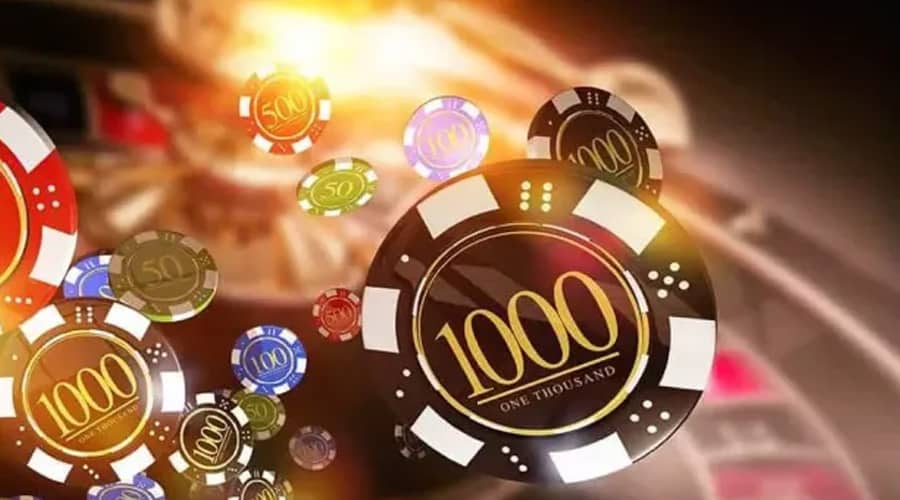
Traditional online casinos are centralized, meaning they are operated by a single entity that controls all aspects of the platform. Blockchain enables the creation of decentralized gambling platforms.
These platforms run on smart contracts, self-executing agreements with predefined rules. Smart contracts automate various processes in gambling, including payouts and prize distribution.
Decentralized platforms are resistant to censorship and interference, providing a fairer and more inclusive gambling environment.
3. Enhanced Security
Security is paramount in the gambling industry, as players entrust their funds to casinos. Blockchain technology’s cryptographic features enhance security significantly.
Each transaction on the blockchain is cryptographically secured, making it nearly impossible for hackers to alter or steal data.
Players’ funds are stored in digital wallets, reducing the risk of centralized database breaches.
Blockchain and Online Slots
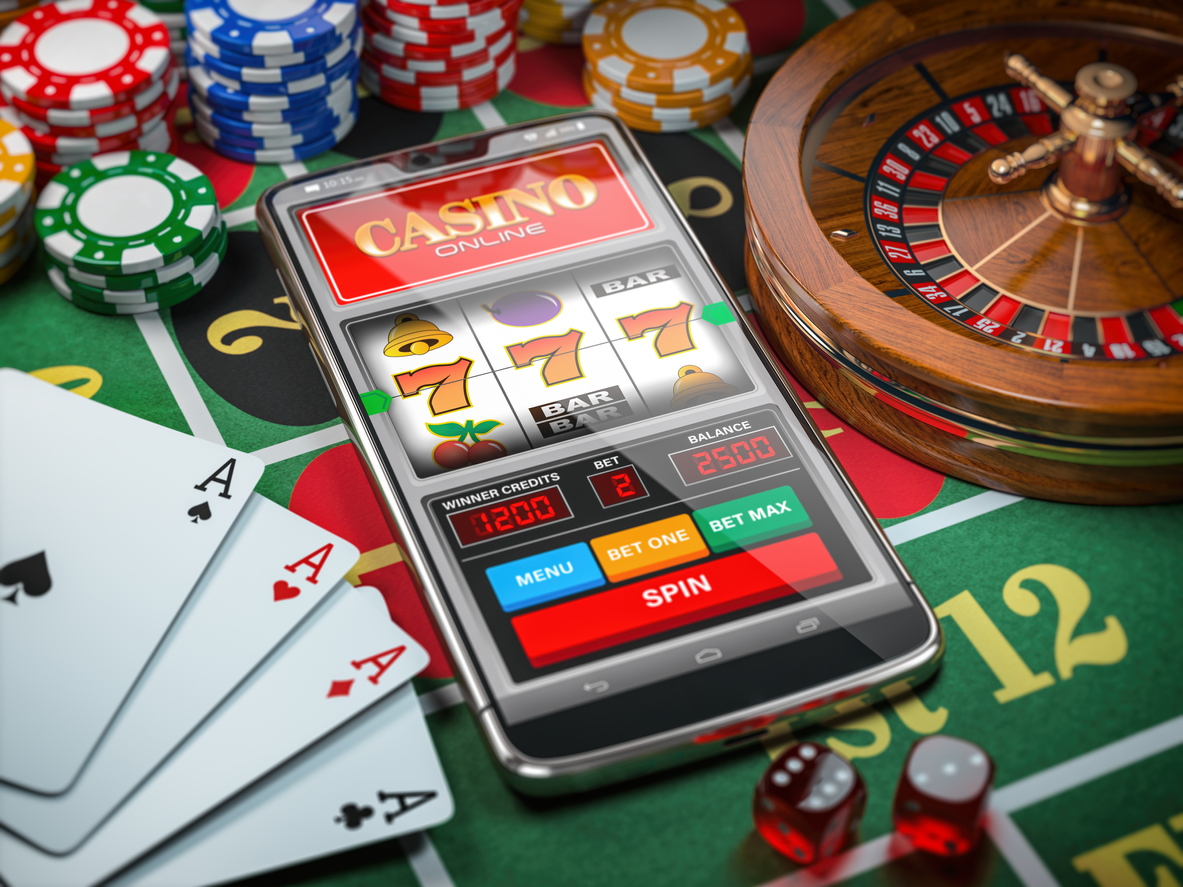
Now, let’s narrow our focus to slot online and examine how blockchain is transforming this popular form of gambling.
1. Transparent Payouts
Blockchain technology ensures that online slot games are provably fair. The algorithms governing slot machines can be audited on the blockchain, confirming the legitimacy of the game’s outcomes.
Players can access historical data on slot machine results, giving them confidence in the fairness of the games they are playing.
2. Instant and Secure Transactions
Traditional online casinos may have withdrawal processes that take time and involve fees. With blockchain, transactions are executed near-instantly, allowing players to access their winnings promptly.
Additionally, blockchain transactions are secure, reducing the risk of fraudulent activities during payout.
3. Decentralized Slot Machines

Blockchain technology enables the development of decentralized slot machines that operate on smart contracts. These machines are not controlled by a central authority, ensuring fairness and transparency.
Players can interact directly with decentralized slot machines, eliminating the need for intermediaries.
4. Cross-Border Gambling
Blockchain facilitates cross-border gambling by removing the need for currency conversion and the associated fees. Players from different parts of the world can participate in online slot games without worrying about currency exchange rates.
Cryptocurrencies like Bitcoin and Ethereum are commonly used on blockchain-based gambling platforms, providing a universal medium of exchange.
Challenges and Concerns

While blockchain technology brings numerous benefits to the gambling industry, it also presents some challenges and concerns.
1. Regulatory Hurdles
Many countries have stringent regulations governing online gambling, and the decentralized nature of blockchain can make compliance challenging.
It may take time for regulators to adapt to this evolving technology and establish clear guidelines.
2. Scalability Issues
As blockchain networks grow in popularity, scalability becomes a concern. The speed and capacity of some blockchain networks may not be sufficient to handle the high transaction volumes of a popular online casino.
Solutions like layer-2 scaling solutions and improved blockchain networks are being developed to address this issue.
3. Education and Adoption
Blockchain is still a relatively new technology, and many potential users may not fully understand how it works.
Widespread adoption will require educational efforts to inform both players and operators about the benefits and mechanics of blockchain gambling.
Future of Blockchain in Gambling

The future of blockchain in the gambling industry is promising, with ongoing innovations and developments.
1. Improved User Experience
Blockchain-based gambling platforms are constantly evolving to provide a seamless and enjoyable user experience.
User-friendly interfaces and mobile applications are being developed to attract a broader audience.
2. Integration of Other Technologies
Blockchain is likely to be integrated with other technologies such as virtual reality (VR) and augmented reality (AR) to create immersive gambling experiences.
These innovations could take online slot gacor games to a new level of entertainment.
Conclusion
Blockchain technology is undoubtedly transforming the business of gambling, offering transparency, fairness, and security that were previously challenging to achieve. In the realm of online slots, players can now enjoy provably fair games with instant, secure transactions. While there are challenges and regulatory hurdles to overcome, the future of blockchain in the gambling industry holds great promise. As this technology continues to evolve, it has the potential to revolutionize the way we gamble online, providing a safer and more enjoyable experience for players worldwide.



